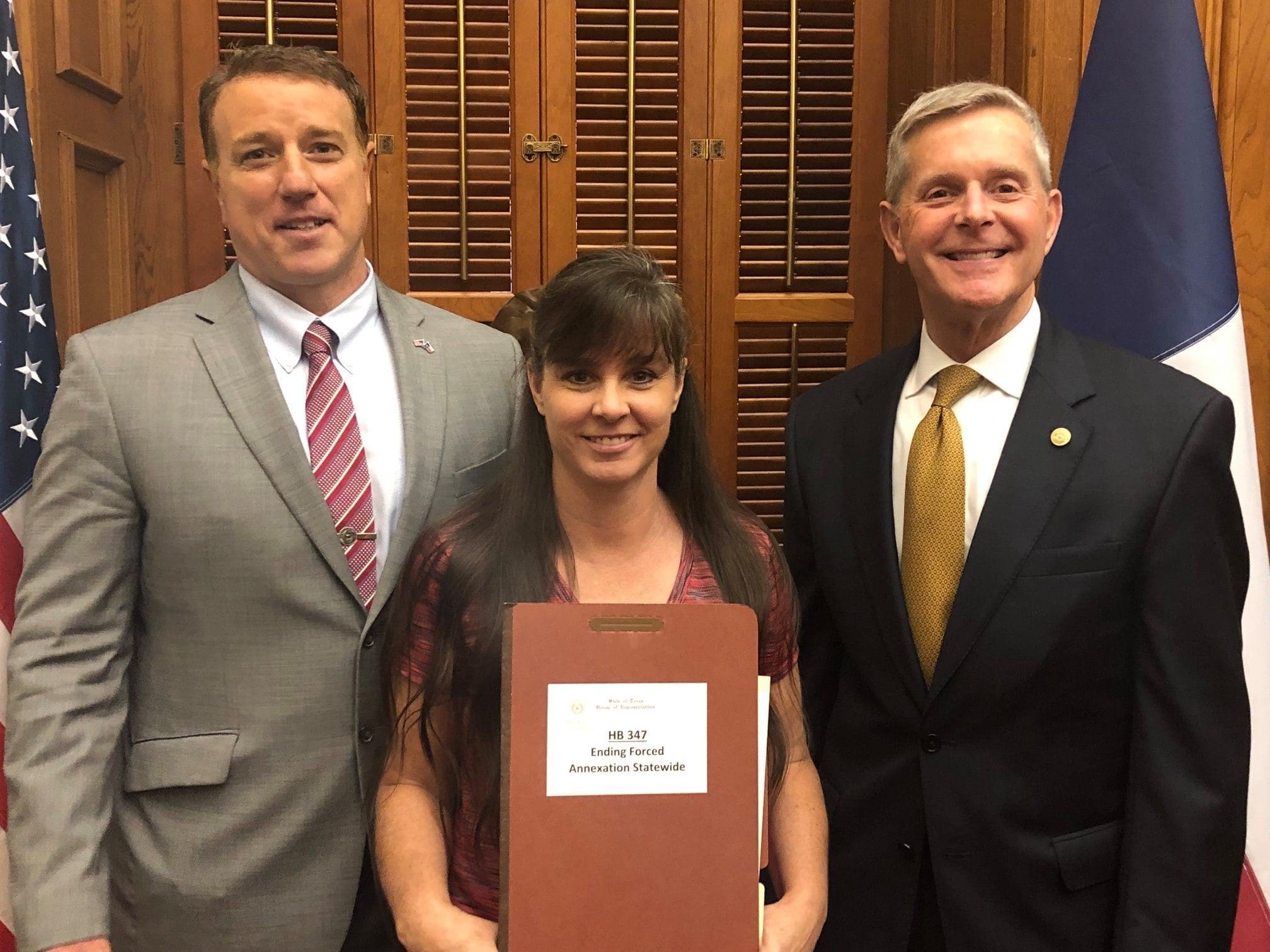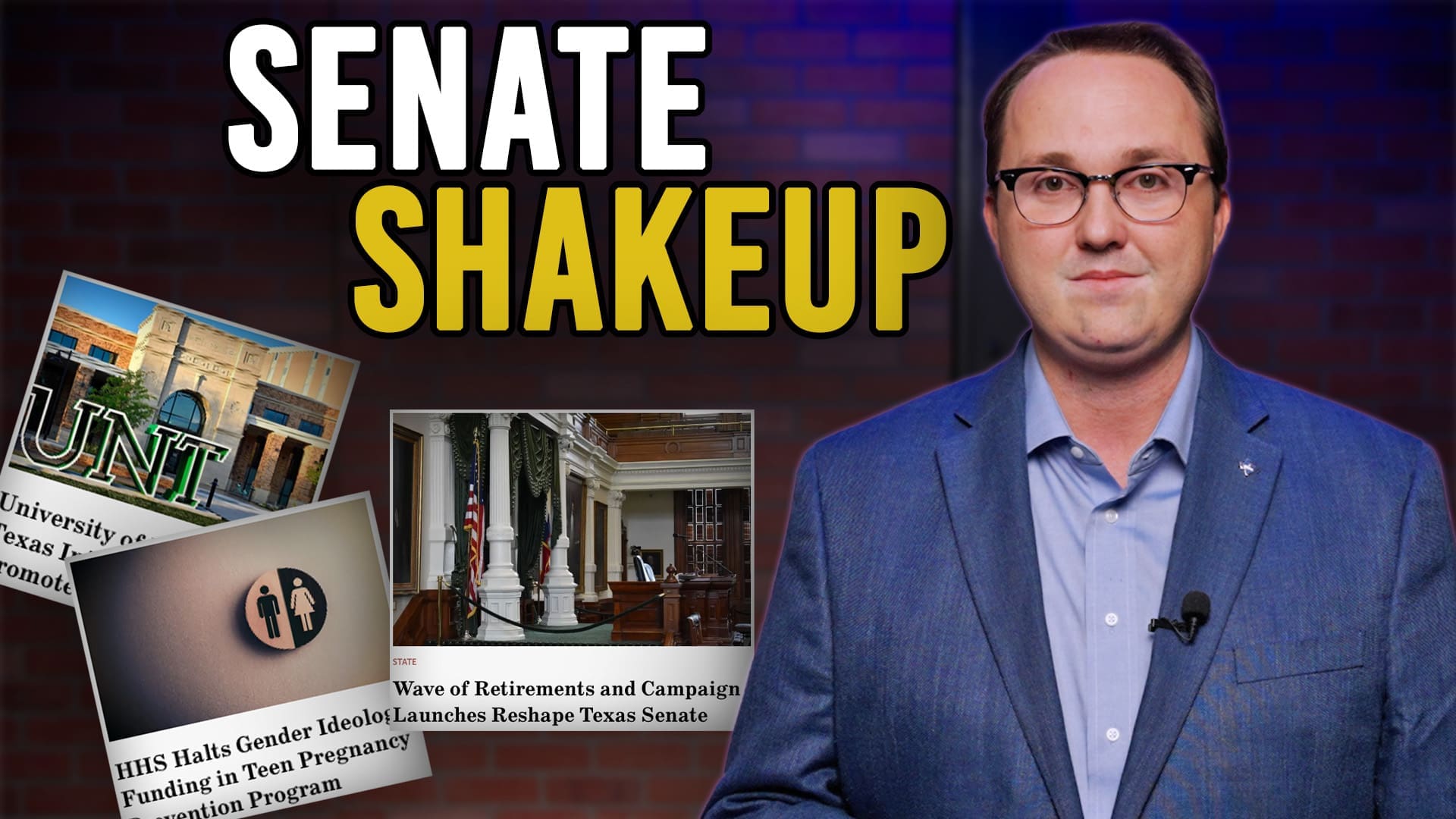Conservatives disappointed by the underwhelming number of policy priorities passed in the “purple” 86th Texas Legislative Session still scored a number of successes, and among the session’s mixed results is a big win: Texans were finally freed from the unfair practice of forced annexation.
In a clear-cut victory for property rights in the Lone Star State, House Bill 347 by State Rep. Phil King (R–Weatherford) enacted a statewide ban preventing Texas cities from annexing property without the owners’ consent.
Texas was one of just a handful of states that allowed forced annexation, though the practice was partially curtailed in the previous legislative session. Unfortunately, 2017’s reform bill created an unequal two-tier system that only protected property owners in the state’s largest counties.
HB 347 extended the limited municipal annexation reform enacted in 2017 to all 254 Texas counties.
“If today it’s wrong to forcibly annex property in 16 counties, it ought to be wrong in all the other 238 counties in Texas,” King said during a committee hearing on his bill.
King was also responsible for amending last session’s annexation reform bill to allow citizens in smaller counties an avenue to “opt in” to the property rights protection locally. Residents could petition for a vote on the issue by gathering signatures from at least 10 percent of their counties’ registered voters.
Property owners in several counties banded together to take advantage of the opt-in process—starting with King’s home county of Parker, where the City of Weatherford was threatening to forcibly annex an unincorporated neighborhood. Pushed by circumstances to become grassroots activists, they circulated petitions forcing countywide votes on the issue, and in November 2018 voters in six counties overwhelmingly approved annexation reform ballot measures.
Two more counties passed forced annexation bans in May 2019, taking no chances on whether lawmakers would come through.
King credited grassroots support from constituents like Laura Hester and Bryson Boyd, who had led local efforts to end forced annexation in their counties, with helping get the statewide ban passed. Though their counties were now safe, Hester, Boyd, and other local activists traveled to the Capitol this year to support full reform, making it clear to legislators that Texans should not have to jump through the hoops they did in order to enjoy the same property rights protections as others.
But reform didn’t happen right away. A forced annexation ban proposed in 2015 failed to pass; legislators then passed a limited ban in 2017. Building on that success, with strong support from the grassroots as well as the Texas Association of Realtors, King and other lawmakers succeeded in finally and fully ending the unfair practice—despite heavy opposition from the Texas Municipal League, a taxpayer-funded lobby organization representing local government officials.
Because HB 347 was approved by at least two-thirds of House and Senate members, the forced annexation ban became effective immediately when Gov. Greg Abbott signed the bill on May 24. But the law was not retroactive, meaning annexation proceedings initiated by cities before the bill was signed can continue under the old rules.
Local activists may have to fight a few final battles with city governments before forced annexation is finally laid to rest in Texas.





